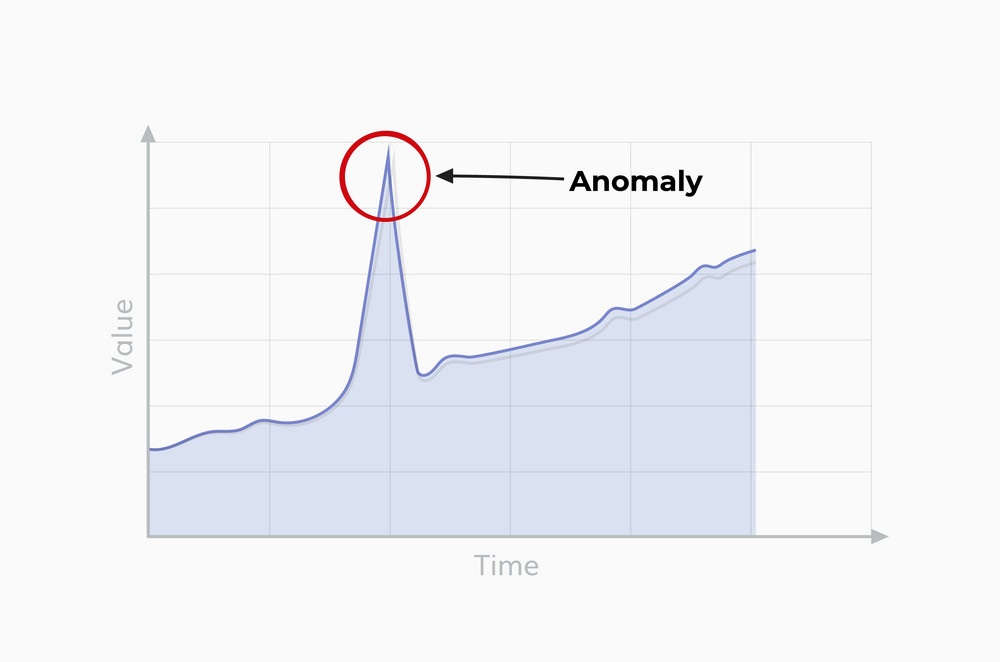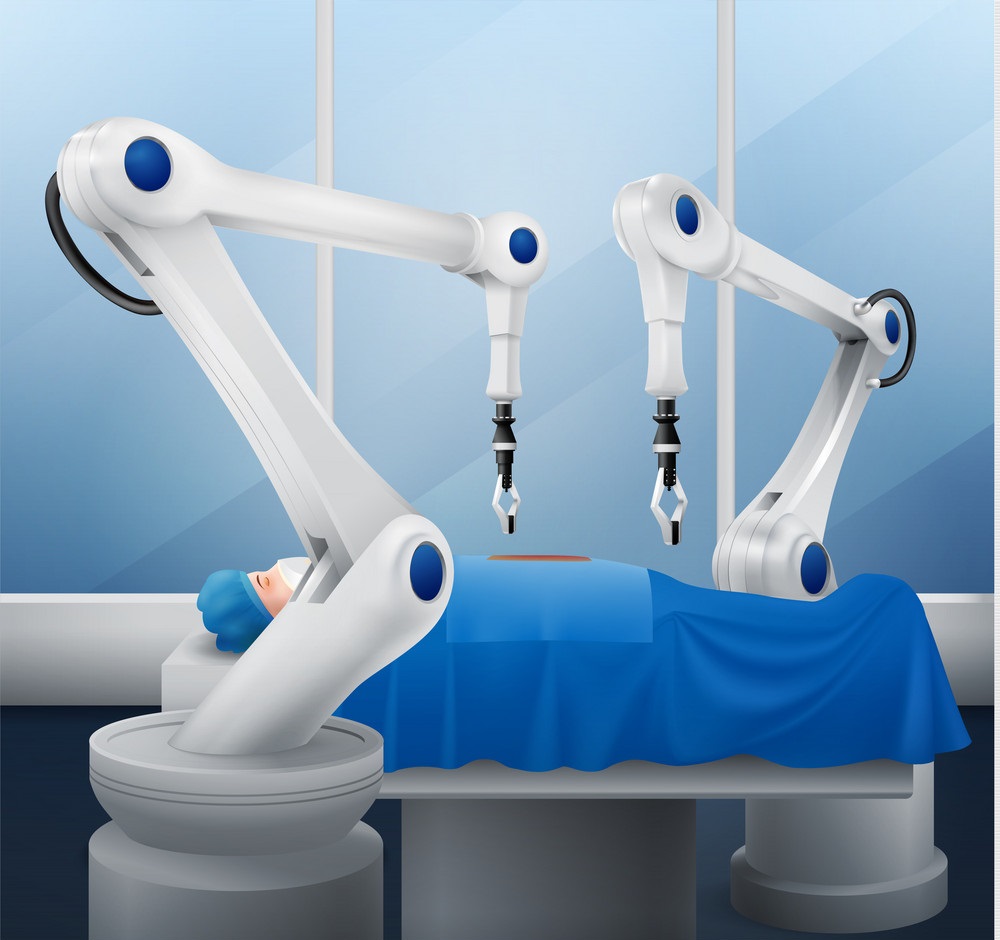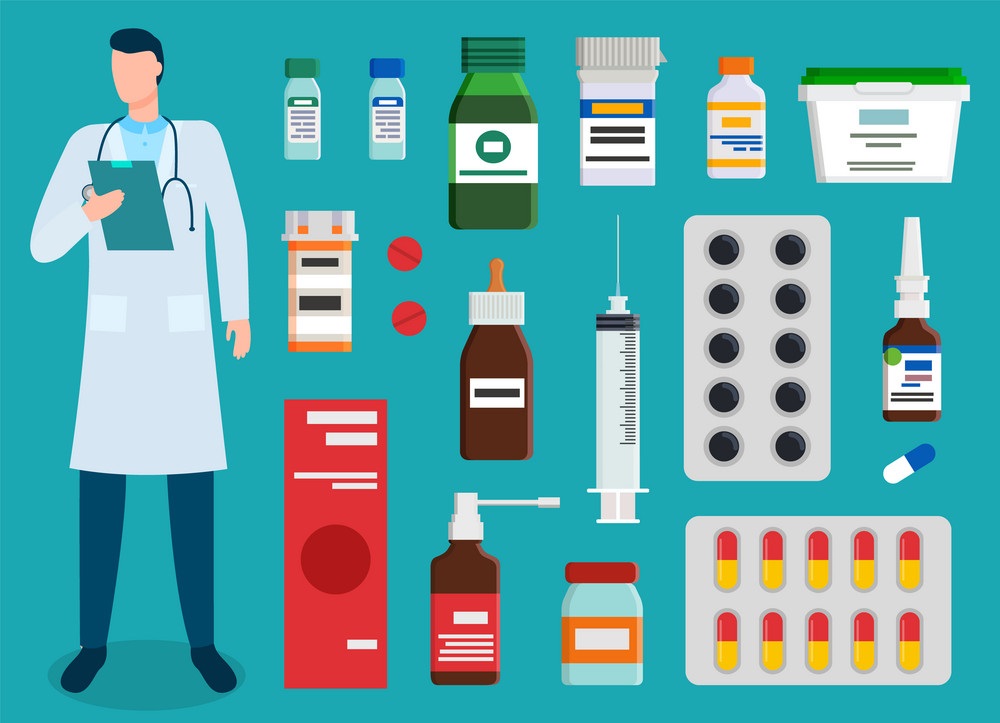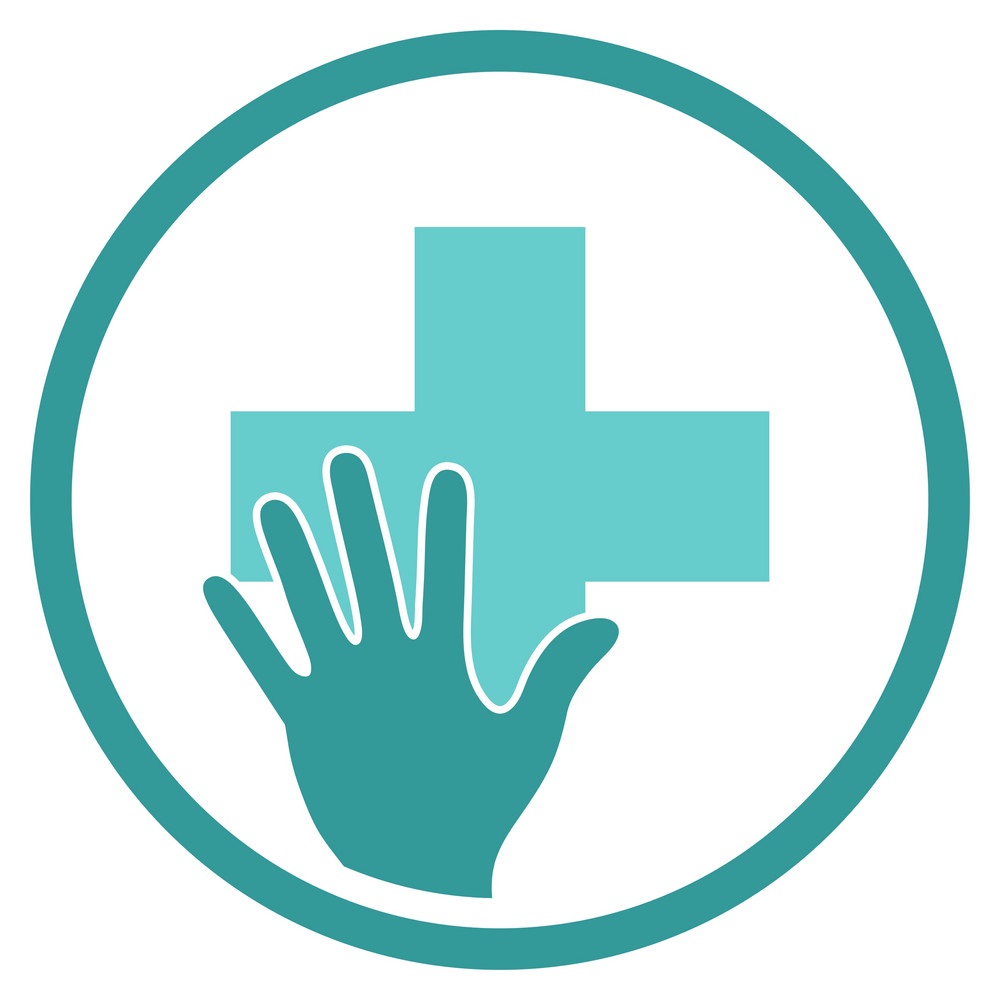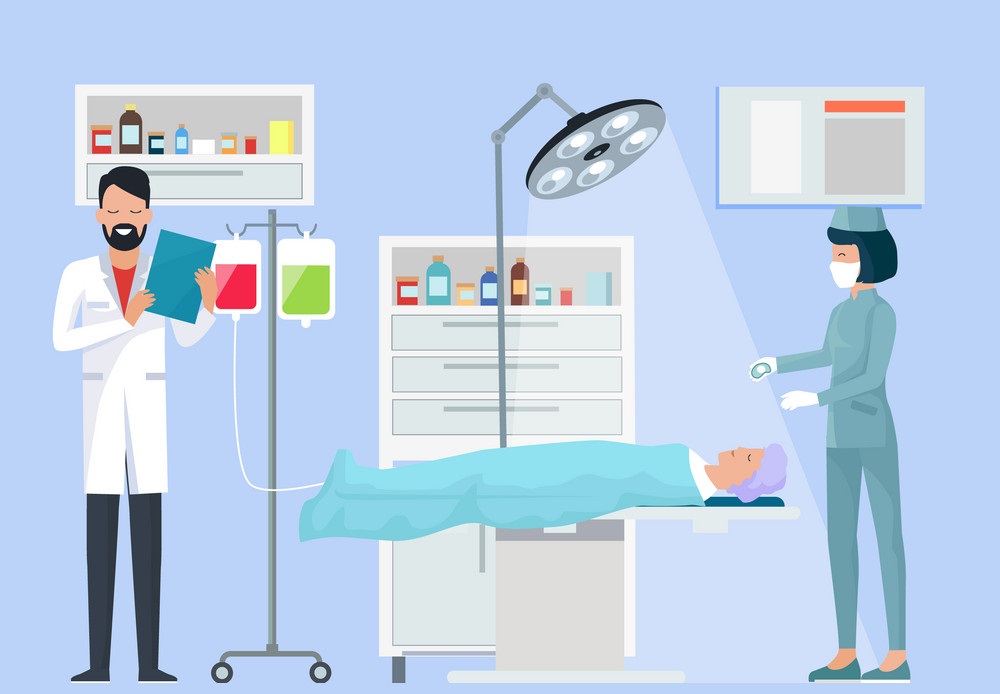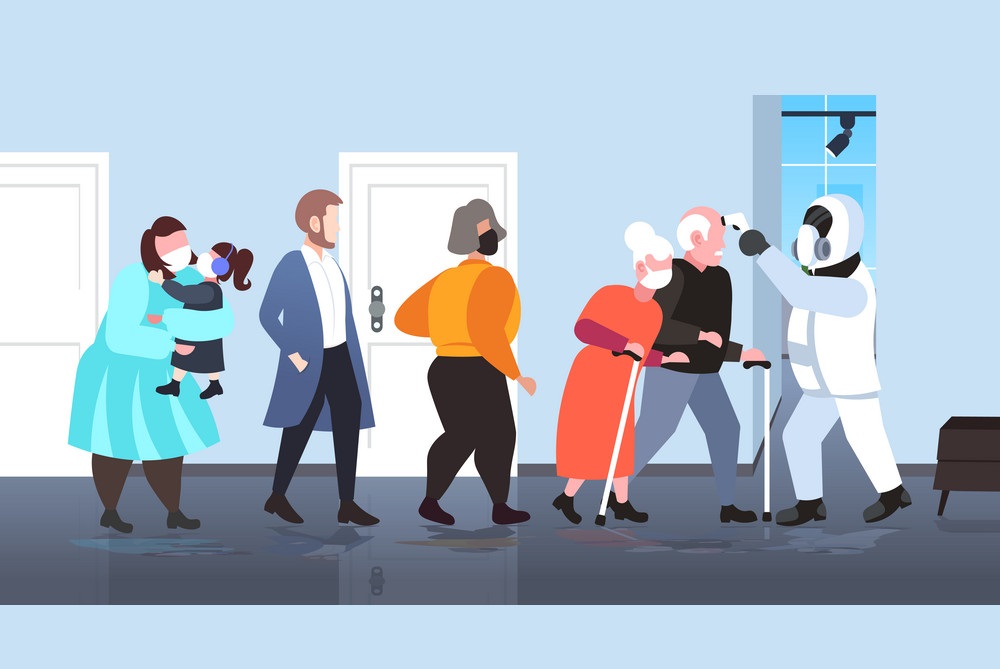How Can Machine Learning Help Save Lives In Healthcare Sector?
Learn how machine learning has revolutionized healthcare and how it has contributed towards identifying and solving some serious healthcare issues.
Artificial intelligence, machine learning, and deep learning handle huge volumes of medical data. These structured and unstructured data offer insights to help the healthcare industry. Machine learning is now at the heart of medical diagnosis and treatments. Machine Learning in healthcare is redefining the terms of disease prognosis. ML algorithms interpret scans and other diagnostic tests to identify the underlying problems. It has contributed to managing diseases and inventing new cures.
In this article, we will talk about how can machine learning help in healthcare –
- Anomaly Detection
- Robotic Surgery
- Dosage Accuracy
- Virtual Assistance in Healthcare
- Efficient Healthcare Management
- Identification of Diseased Cells
- Prevent Diseases
- Higher Safety in Surgical Procedures
- Hospital Infection Control
Anomaly Detection
In healthcare, there is a need to identify and flag medical problems or textual errors. Machine learning techniques help in detecting health problems and any anomalies. The health tracking devices are sensor-embedded and support regular monitoring of people’s health. Efficiency in image analysis allows to flag specific anomalies. This allows prioritization of abnormality analysis, saving time and improving patient care. Anomaly detection also mitigates health insurance fraud by finding any anomalies in patterns.
Best-suited Machine Learning courses for you
Learn Machine Learning with these high-rated online courses
Robotic Surgery
Machine learning improves the results of surgeries. It analyzes the preoperative data and offers new approaches to reduce any complications. In India, there are around 100 robotic surgical systems in around 70,000 hospitals. This is a step towards the adoption of the advanced method in healthcare.
Dosage Accuracy
Dosage requirements for patients is a precise process. It follows a set of guidelines and assumptions drawn from clinical trials. AI-based medication dosing is getting very popular among modern healthcare givers. This is a personalized service and follows the patient’s own demonstrated response to medication. The work in dosage accuracy helps to improve patient outcomes, especially in chronic conditions.
Virtual Assistance in Healthcare
AI-virtual nursing assistants determine the health of patients. These VAs analyze symptoms and offer predictive treatment. Hospitals now witness fewer unnecessary visits to the hospitals and the time spent by specialists on these matters is also saved.
Efficient Healthcare Management
In the first half of 2020, COVID-19 spread throughout the world. Healthcare centers began to have a large increase in calls requesting information. Due to an increase in calls, these healthcare centers improved their agent efficiency using ML. Machine learning deals with an unexpected number of calls through automation.
The costs of managing healthcare are very high. Machine learning aids to improve existing deficiencies and workflows significantly. It helps to cut time-consuming tasks such as requesting tests or prescriptions. This automation frees specialists to focus on their work on urgent matters.
Identification of Diseased Cells
In cancer treatments, surgeons depend on biopsies to know what tissue to remove. This makes the process of identification and analysis of diseased cells crucial. Deep learning algorithms, automated image analysis, and data mining have revolutionized disease diagnosis. These technologies help in a detailed inspection of cells and offer accurate statistics.
Prevent Diseases
Machine learning and AI have taken an exponential leap in the area of health thanks to the Internet of Things and the usage of health applications. These devices help people stay healthy, giving advice for their health and allowing them to space out medical visits. These applications are also useful in allowing doctors to understand the daily behavior of patients.
Higher Safety in Surgical Procedures
According to WHO, more than 230 million surgical procedures are performed across the world. Of these, about 14% of patients experience adverse effects. Experts suggest that we can improve this through rapid surgical feedback. This includes frequent technical skill training, thereby reducing errors by 50%.
Machine learning enables the analysis of intraoperative videos and improves surgical training. Automated counting systems provide surgical teams with accurate information, especially in complex surgeries.
Hospital Infection Control
Machine learning and AI aid in hospital infection control. With COVID-19 hitting hard, it is mandatory for healthcare centers to deal with hospital infection control. The development of predictive models for infection agents i.e. viruses, bacteria, etc., is a primary need. This approach can predict the vulnerabilities of the patient population and control infections.
To learn about machine learning, read our blog – What is machine learning?
Conclusion
Currently, systems are at the crossroads of offering better services at lower costs in the least time. The healthcare industry needs to optimize its research to develop more efficient and precise drugs. To ensure high standards of healthcare it is crucial to eye for target therapies that allow fewer side effects and save a greater number of lives.

Rashmi is a postgraduate in Biotechnology with a flair for research-oriented work and has an experience of over 13 years in content creation and social media handling. She has a diversified writing portfolio and aim... Read Full Bio


